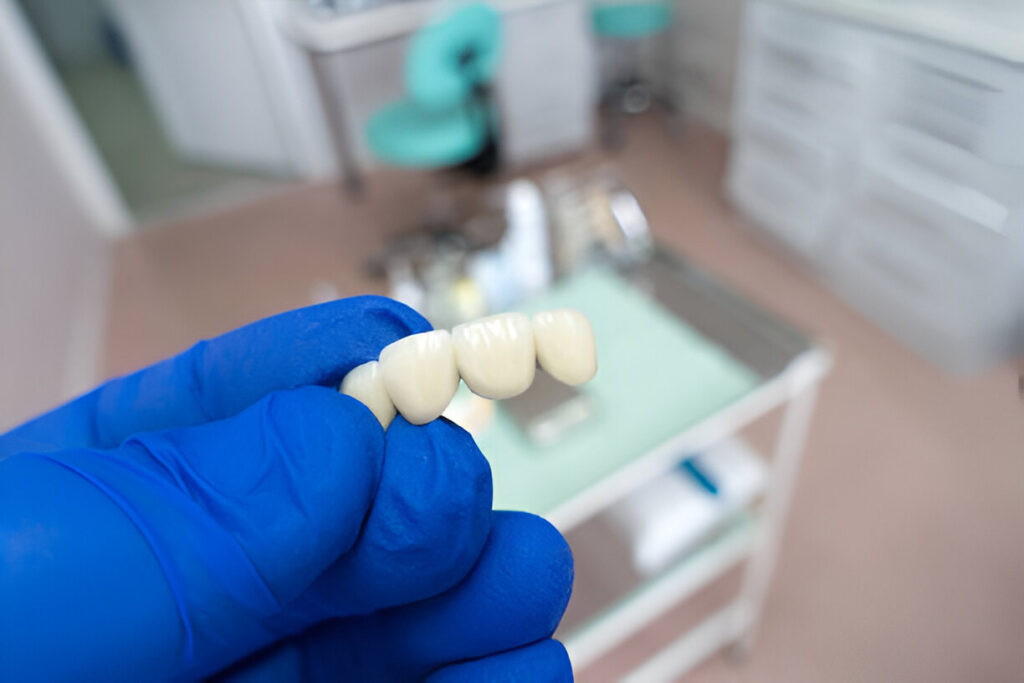Dental implants can be a transformative solution for individuals seeking to restore their smile after tooth loss. This advanced dental procedure not only enhances cosmetic appeal but also serves to improve oral functionality. The journey to a perfect smile involves several steps and, understandably, requires a recovery period. Understanding the healing process is essential to ensure a successful outcome. Below, we delve into the key aspects of dental implant healing, giving you a comprehensive overview of what to expect.
Stages of Healing After Dental Implant Surgery

Healing after dental implant surgery is typically divided into several stages. The initial phase involves recovering from the surgical procedure, which may include managing swelling and discomfort and ensuring the surgical site remains clean. The body’s natural healing processes start to work immediately following the surgery, focusing on protecting the area from infection.
Subsequently, as the implant integrates with the jawbone during osseointegration, the patient generally experiences minimal discomfort. This period can last several months, and patience is key since it’s a pivotal point in the overall success of the dental implant. The bone must heal around the implant without disturbance to ensure a strong foundation for the artificial tooth.
The next stage involves placing the abutment and the dental prosthetic. This is generally less impactful on the patient as the invasive part of the procedure is over. Healing during this period often involves getting accustomed to the new bite and feeling of the dental prostheses in the mouth.
Finally, long-term healing focuses more on maintaining oral health and ensuring the longevity of the dental implant. Regular dental visits are important during this phase to monitor the implant and address any issues promptly. For more information and to find a dental implant specialist, a quick Google search such as “dental implanta in Valencia” will lead you to local experts who can assist with your needs.
Managing Pain and Discomfort During Dental Implant Recovery

Postoperative pain management following dental implant surgery is an essential step in the healing process. Pain and discomfort levels can vary widely among patients but are typically managed with appropriate analgesics prescribed by the dentist or surgeon. Patients are also advised to rest and limit strenuous activities in the days immediately following the procedure.
Applying cold packs to the cheek near the implant site can help reduce swelling and alleviate pain. Moreover, adhering to a soft food diet prevents unnecessary pressure on the implant area and aids in the healing process. Patients should avoid hot foods and beverages that might exacerbate swelling or cause discomfort.
Patients must also maintain proper oral hygiene to prevent infection, which can compromise implant success. Dentists generally provide specific postoperative care instructions, including gently cleaning the implant site and proper brushing techniques that won’t irritate the gums.
Regular follow-up appointments are key to managing discomfort. They allow the dentist to track healing progress and adjust pain management strategies as needed. Open communication with the dental team can also ensure that any temporary side effects are promptly addressed.
Factors That Influence Dental Implant Healing Times
Dental implant healing times are affected by several factors, including the patient’s overall health and lifestyle. Smoking, for instance, is known to impair healing significantly and can increase the likelihood of complications. Patients with underlying health conditions, such as diabetes, may also experience slower healing times.
The complexity of the dental implant procedure and the number of implants placed can influence the duration of the healing process. Additional procedures, like bone grafting, might also be required before the placement of an implant, thus extending the overall timeline.
Another key factor is the quality and density of the jawbone, which must be able to support the implant properly. In cases where the bone structure is not ideal, treatments to improve bone density may be pursued, affecting the healing period.
A patient’s adherence to postoperative care instructions is critical to the healing timeline. Proper oral hygiene practices and following the dentist’s guidance regarding diet, activity levels, and follow-up care can all contribute to more efficient healing.
Overall, understanding the stages of healing and managing postoperative care effectively is crucial for a successful dental implant outcome. By adhering to your dentist’s recommendations and maintaining good oral hygiene, you can ensure a smoother recovery and enhance the longevity of your dental implants.



